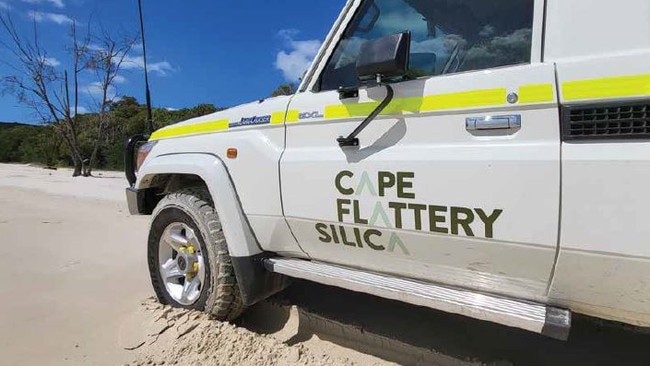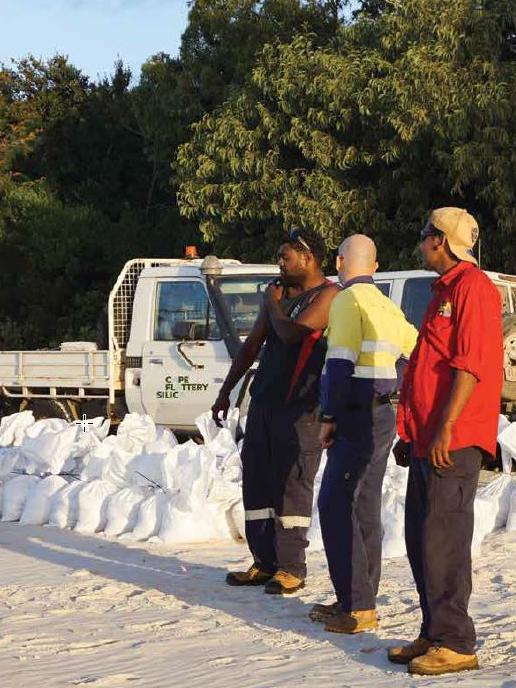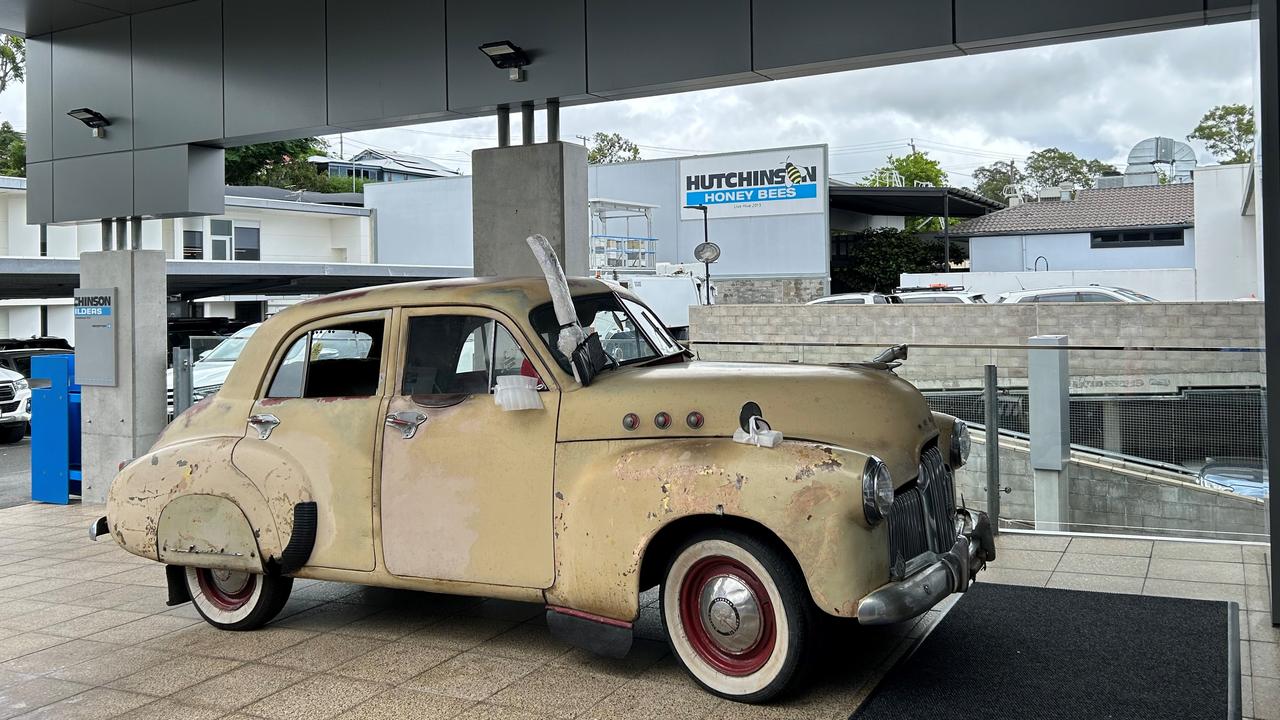Diatreme bags control of Metallica, but minorities are unhappy
Wayne Swan appears to have pulled one out of the bag with Diatreme’s hostile takeover of a rival silica sand developer Metallica, but not without controversy.

Business
Don't miss out on the headlines from Business. Followed categories will be added to My News.
Labor powerbroker and former treasurer Wayne Swan appears to have pulled one out of the bag as chair of emerging silica sands developer Diatreme Resources, but not without claims minority shareholders have been badly treated.
Diatreme last week announced it had secured a 71.2 per cent stake in rival Metallica, giving it effective control of the Brisbane company following a hostile takeover.
Diatreme says remaining Metallica shareholders should accept the offer or risk being stuck in an illiquid minority position within Metallica.
The takeover is set to create Australia’s largest silica sand miner at Cape Flattery in north Queensland, but it has not occurred without some loud protestations from minority shareholders of Metallica.
Last week, Metallica executive chair Theo Psaros and director Mark Bojanjac resigned and were replaced by Greg Starr and Michael Chapman to more “closely reflect Diatreme’s ownership interests in Metallica”.
Psaros, a former boss of Queensland Rugby, had led board opposition to the Diatreme offer after an independent expert said it undervalued Metallica and penalised minority shareholders. DataRoom hears the pressure on Metallica’s minority shareholders became unbearable in recent weeks, with many selling to cut their losses. To paraphrase the Good Book, they fought a good fight and kept the faith.

Metallica produced an independent expert report earlier this year declaring the offer of 1.3319 Diatreme shares for every Metallica share was “not fair and not reasonable” and substantially undervalued the target.
The big question now is what Swan and Diatreme plan to do with Metallica’s holdings at Cape Flattery. Will it land bank the development or progress it to the standard that Metallica management had planned?
Diatreme crows that the merger “will ensure Australia has the necessary supply of the strategic critical mineral essential in the manufacture of solar panels, helping power Australia and the world’s clean energy drive and net zero targets”.
Metallica reportedly boasts a mineral resource of nearly 50 million tonnes, compared to Diatreme’s more than 400 million tonne estimated resource base in what has been called the “Bowen Basin” of silica sand.
Diatreme CEO Neil McIntyre urged remaining Metallica shareholders to accept Diatreme’s offer and gain the benefits of the combined group. “This offer is only open for a limited time and may not be further extended,” McIntyre says. Both Diatreme’s and Metallica’s projects have been designated a “Co-ordinated Project” by the Queensland government.
In 2023, silica was listed among the state’s critical minerals, with the government flagging a “critical minerals zone” based around Cape Flattery.
China, the world’s largest solar panel producer, is facing a bottleneck for the supply of PV grade silica sand due to strong global demand. China’s annual consumption of this material is seen rising from 23.4 million tonnes in 2023 to 31.6 million tonnes by 2025, amid a continuing solar PV boom.
The International Energy Agency has reported that the world added a historic 510GW of renewable power in 2023, up 50 per cent from the prior year, with solar PV accounting for three-quarters of the total.
Originally published as Diatreme bags control of Metallica, but minorities are unhappy





